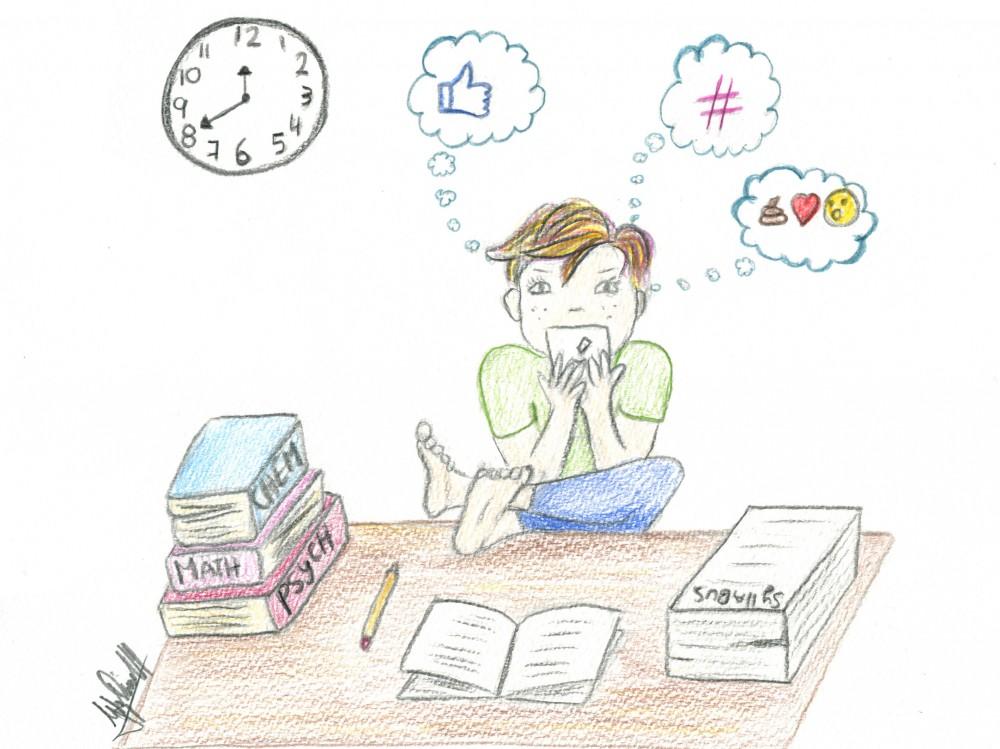HOW TO EFFECTIVELY DEAL WITH SERIOUS BEHAVIOUR PROBLEMS IN A FIRM, FAIR AND CLEAR WAY.

HOW TO EFFECTIVELY DEAL WITH SERIOUS BEHAVIOUR PROBLEMS IN A FIRM, FAIR AND CLEAR WAY.
Is it right to respond to difficult children by treating them as if they were in an army, shouting at them, bullying them, using size and strength to exert power and dominate?
If their behaviour problems have roots in violent or dysfunctional households, is bullying and aggression from the teacher going to solve the problems or exacerbate them?
Showing such strength might only confirm and validate the badly behaving learners view of how life works.
If a facilitator can only win respect because he looks fearful, frowns, is harsh, has fought and perhaps killed people, then there isn’t much hope for education or our children’s futures.
The skills that facilitator need are very different.
They have to be able to deal with bad discipline in ways that do not imply that the strongest or loudest is best.
They need to look beyond the immediate apparent issue (e.g., aggression or rudeness) to factors that may influence or cause it to occur (e.g., the learners insecurity or lack of self-awareness).
Occasionally, a facilitator may have to face a genuinely violent attack, but, more often, there is a need for care and understanding, as well as firmness, confidence, clarity and guidance about what to do.
However, while modern approaches to teaching tend to be more democratic and consultative than in the past, this does not mean that we cannot still exercise appropriate authority when needed.
The teacher retains overall responsibility for the care and safety of everyone in the room.
Sometimes the right thing to do is to give a clear, sharp order, perhaps to stop someone from doing something.
This can be done without discussion or checking people’s feelings.
The trouble is that nowadays, many teachers get limited practice in such interventions and sometimes feel under-skilled or uncertain as to whether they should do this, which leads to under-confident discipline and weak results.
To be successful in such situations, the facilitator needs to believe in his or her authority (i.e. feel confident that he or she has the right to intervene when needed) and remain calm and clear.
Authority is best asserted in measured tones.
Categorizing levels of behaviour
Be clear as to where you draw the lines about the parameters of acceptable behaviour, i.e. those things that you consider serious offences in school and entirely unacceptable, things you will always make a stand on, such as racism or bullying.
Some schools publish lists that clearly outline different kinds of behaviour in three or four categories, sorted from least to most serious.
This would then cross-reference to an agreed scheme of sanctions.
If your school doesn’t already have one, you could discuss and agree on a scheme like this with other facilitators in your school, perhaps based on the example below.
A system such as this would work most successfully as a school-wide approach that everyone consistently applied, though a simpler list could also work within a single class.
Poor Behaviour
- Coming late to lessons.
- Leaving rubbish or litter in the class.
- Repeatedly using your first language when asked to use English.
- Continuing to be noisy or disruptive when asked not to.
- Deliberately behaving in a way intended to distract or annoy other students.
- Missing lessons.
- Behaving rudely to the teacher.
- Cheating in tests.
- Being rough with others (e.g. shoving them or pushing).
- Arguing, swearing, shouting.
- Behaving rudely to other students.
Serious Offences
- Serious or repeated cases of behaviour in the other two categories.
- Causing hurt to others (e.g. by hitting them, throwing things at them).
- Violence, bullying, harassment or threatening behaviour.
- Assault
- Theft
- Vandalizing or writing graffiti.
- Missing school without permission.
- Illegal or banned activities (e.g. smoking, possessing drugs, weapons or alcohol).
- Making racist, sexist, homophobic or other discriminatory comments.
Avoiding Escalating Cycles
It’s all too easy to respond to an act of bad behaviour by shouting a command, getting a shout back or responding with a louder command, and, before long, finding yourself engaged in a full-scale battle in front of the whole class.
- For everything else, it’s usually better to be loud and project your voice as needed, rather than shout.
- If you realize that you are getting into a quickly escalating showdown cycle, break out of it immediately.
- Don’t get into responding to arguments.
- Switch to quiet or whisper volume. Or keep silent. Or do something that immediately changes the focus or distracts everyone.
- In an escalating situation, all sides may wish that they could find a way out, but be so bound up in their emotions and reactions that it feels impossible to do so.
- Physical distance can be one way to achieve this.
Distinguish between the presenting issue and the underlying issue
- We may feel that we know our students quite well, but it is unlikely that we could fully know about most of them.
- We cannot know what depth of unhappiness, distrust, fear or tension they bring with them from home.
- They may be the main career for an ill relative.
- There may be serious family problems.
- There might be financial problems that affect the quality of life.
- They may be witnesses to assault and abuse.
- They may themselves be on the receiving end of violence or mistreatment.
- Past events may have left them with a depth of trauma or emotional damage.
- What we see in the classroom can be the tip of the iceberg.
- The child may behave poorly in class, but it is hard for the teacher to see beyond this to what might be causing it.
- Doctors distinguish between the presenting problem, i.e. what the patient says is their problem when they come into their surgery, and the underlying problem, a much more serious problem that the patient cannot talk about and may not even recognize, but which is the real issue that needs to be addressed.
- For facilitators, the problem is similar.
- When we see learners misbehaving in class, or when we detect a problem with their general attitude or approach, we often intuit that there is an underlying cause beyond whatever has sparked some bad behaviour.
Deal with the immediate, visible, tangible bad behaviour
- Don’t make generalized statements about the person, their character, or their always doing things like this.
- If you need to punish, make sure that it is consistent with whatever you have said would happen, and with whatever another student doing this would get.
Seek support if necessary
You cannot do it all by yourself.
Teachers bear a responsibility for creating the right working atmosphere in their room and for dealing with day-to-day discipline issues and a certain amount of basic crowd control.
But there will always be some problems that are simply too difficult or time-consuming for a classroom facilitator.
In such cases, it is sensible to seek support.
There is a fine balance here.
You probably don’t want to call for help on every issue that arises; yet you need to alert others and seek advice or intervention, as early as possible, in cases that need, or are likely to need, outside help.
Don’t leave it too late
- In most cases, the earlier you ask for support, the better.
- As soon as you realize that a problem is in some way beyond you, sound out who can help you.
- Problems that can sometimes be solved with a quick intervention early on can become huge and much more problematic as time goes on.
Think about how to word the problem and the specific questions you have
- People are more able to help if they understand the problem well.
- The more accurate you can be in your description of the problem, the more they might be able to suggest strategies.
- The more precise your questions are, the more likely the answers are to fit your needs.
- Be specific about who the person you’re having difficulties with is, what they did and when, and what you want to address.
Seek help from the staff room
- The staff room is potentially a wonderful source of advice and suggestions.
- You don’t need to make a big ‘I’m having trouble announcement.
- Try sitting down with a colleague or two, people that you respect, and explain the difficulties you are having.
- If you feel confident, try asking a larger group and collecting a range of thoughts and comments.
- Whatever they say or suggest, think it over carefully.
- Don’t accept ideas without carefully checking them out for yourself: how much do they fit your style, your class, this particular problem?
- Don’t worry about colleagues who join in and belittle your problem as something they solved long ago or which any capable facilitator should be able to deal with.
- There are always facilitators who like to take chances to advertise their skills as being superior to others.
Seek help from your line managers or school support systems
- This might mean your head of department, head teacher, subject leader, official mentor and so on.
- Part of their job description is almost certainly to support staff, so make good use of this!
- You could mention that you have a problem when passing them in the corridor, but it is often better to ask for a specific appointment to discuss the issue.
- This points out to the manager that it is something that you take seriously and that you wish them to devote some time to helping you.
- When you have your meeting, it’s a good idea to bring along not just the problem, but also a list of possible ideas and solutions, both things you’ve tried and things you haven’t.
- This gives a concrete starting point to work from.
Join Enlighten Knowledge WhatsApp Channel.
Join Enlighten Knowledge Telegram platform.





